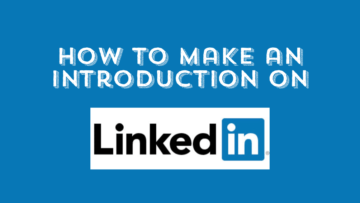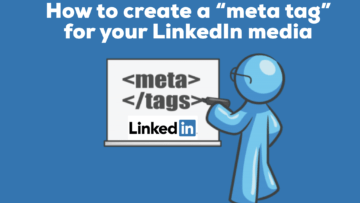You had an opportunity for a promotion, and you were not the chosen one, so you are now P.O.P.O – passed over and pissed off. You deserved it, so now what?
If you are feel P.O.P.O., you have choices whether you stay or go. The best way to evaluate your situation is to write everything in your head and then have conversations with others.
Leaving a job can be a terrifying experience, or it could also be a liberating experience, especially if it’s a toxic work environment or you do not have good chemistry with your immediate supervisor. The promotion might have been an opportunity for an internal change.
Feedback is always good to hear from others who can provide a more objective opinion.
As of August 2022, 6 million were unemployed, according to the Department of Labor Statistics, and 898,000 were job leavers. The new figures are constantly being released, so check back on the same link.
Although there are many things to think about listed below, this may not be a complete list, and situations may vary by individual, but it will provide food for thought.
Pros of Staying
- responsibilities are known
- steady income while you work on starting/building a side gig or explore new opportunities
- there may be a severance package if there is a pending merger, acquisition, or restructuring
- earned PTO and vacation time for longevity
- consider proposing job crafting
- engage in quiet quitting and doing the bare minimum at work
- you may have a promising future
Cons of Staying
- toxic supervisor
- toxic co-workers
- toxic work environment
- mandate of local, remote, or hybrid
- salary not keeping up with inflation
- stress and work/life balance
- feeling stuck, especially if the company is in a downturn
Pros of Going
- signing bonus potential with the new company
- higher salary with the new company to better meet inflation
- negotiating other or better benefits
- negotiating more time off with the new company
- garnering a more prestigious job title
- choice of local, remote, or hybrid
- stress relief and improvement in health
- different responsibilities
- new industry
- new role better fits your areas of interest or passions
- more opportunities to advance
Cons of Going
- the job isn’t how it was described, and fear of buyer’s remorse
- mandate of local, remote, or hybrid
- income loss if you quit before securing another job
- career gap
- affect on pension contributions
- loss of career network
- missing relationships with co-workers
- missed opportunities for mentorship
- uncertainty where the grass may not be greener on the other side
- loss of references for being disloyal
- You are under or overqualified
What to do if you want to quit
- make sure your resume is up to date, and LinkedIn optimized if you are joining the Great Resignation
- do your research – look up the U.S. Department of Labor’s Occupational Outlook Handbook, Glassdoor, and salary sites
- engage in informational interviews
- start learning current career trends and networking
- review your NDAs and other legal documents you signed with your company and hire an employment attorney to review them if needed
- draft a resignation letter
- talk to your supervisor
- give at least two weeks’ notice
- review your benefits, unused PTO, etc., before leaving
- leave with class and don’t burn bridges
NEXT STEPS
- Subscribe to my newsletter on LinkedIn™ for bright ideas on how to manage your career.
- If you need a resume or LinkedIn™ profile to get you to your next step, book a call to chat!
- Join as a member at https://httpsgreatcare.wpenginepowered.com/membership of the #1 business networking association on the Philadelphia Business Journal’s Book of Lists four years in a row!
- To support our charity at KeepOnSharing.com use the referral code Career
- Follow #GreatCareersPHL
AUTHOR BIO
Lynne M. Williams is the Executive Director of the Great Careers Network, a volunteer-run 501(c)3 nonprofit organization that provides career development and networking connections for 1) job seekers in career transition, including veterans, and 2) employed and self-employed for career management.
Aside from writing keyword-focused content for ATS resumes and LinkedIn™ profiles, Lynne is writing her doctoral dissertation on LinkedIn™ for Job Seekers. She is a contributing author on “Applying to Positions” in Find Your Fit: A Practical Guide to Landing the Job You Love, along with the late Dick Bolles, the author of What Color is Your Parachute?, and is also a speaker on career topics.




